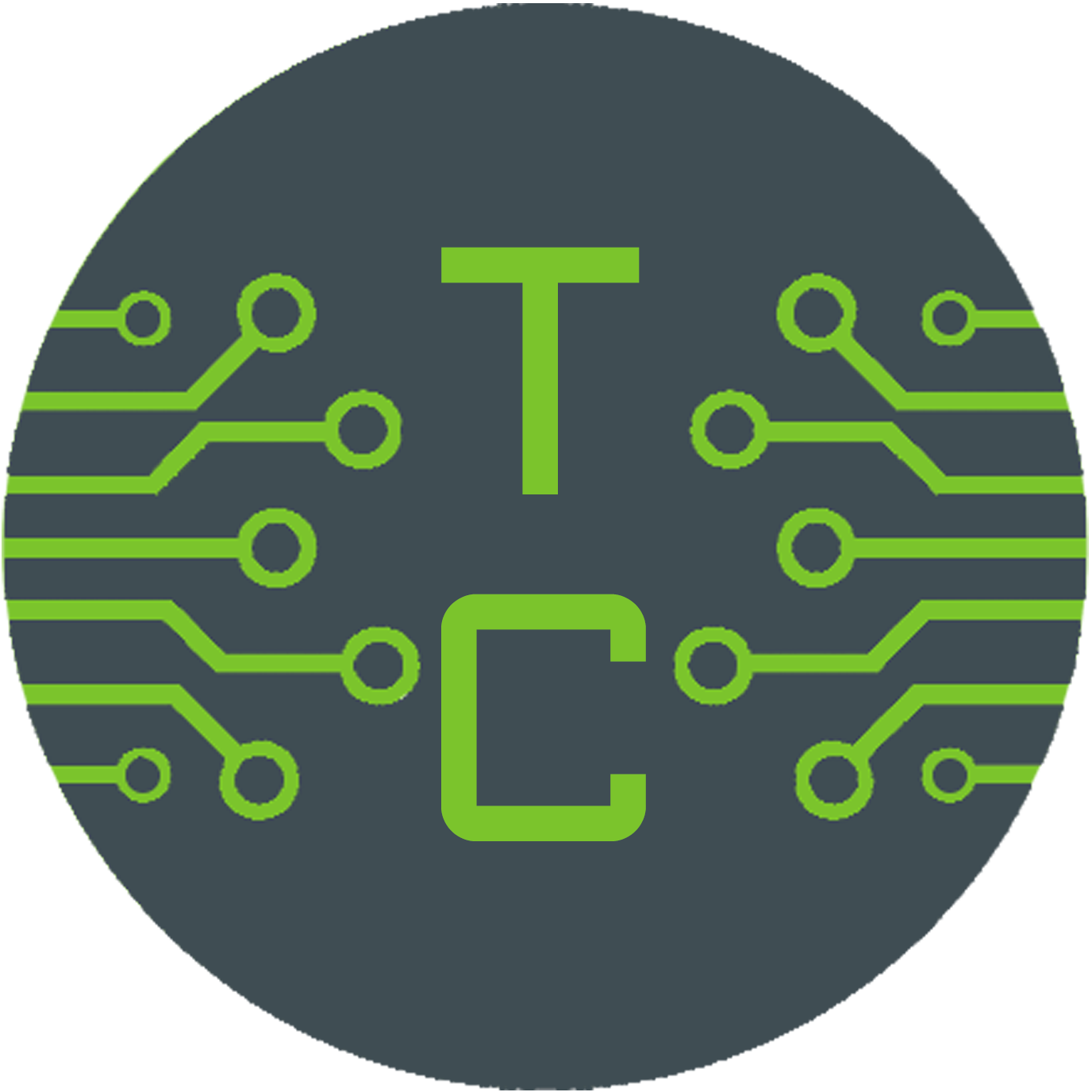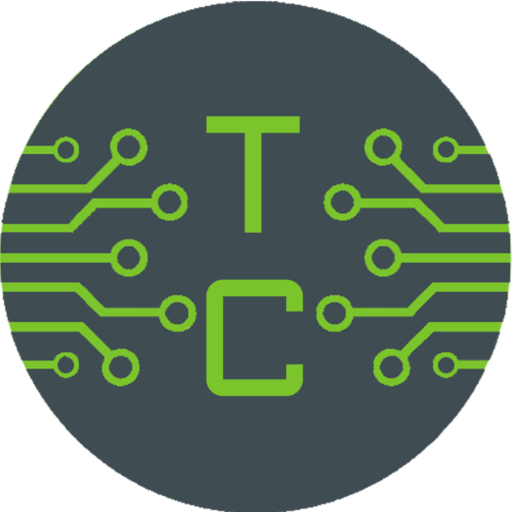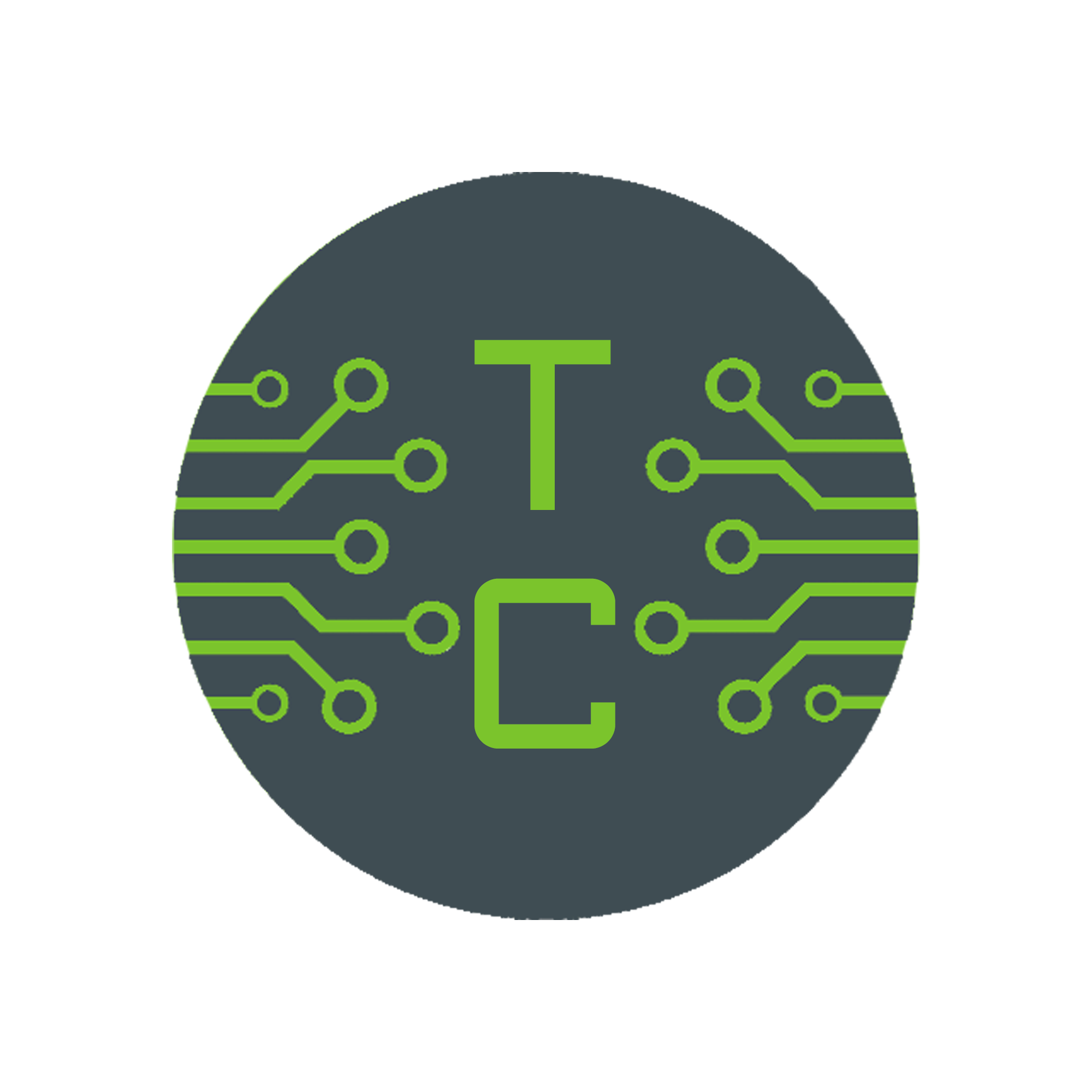Microsoft verkaufte jüngst die Feature Phones, nun werden 1850 Mitarbeiter (1350 alleine in Finnland, der Heimat der übernommenen Nokia Lumias) entlassen. Jetzt treiben wieder einige Medien die Sau durchs Dorf und erklären zum X-ten Mal den Tod der Microsoft Smartphones. Manche schreiben sogar, dass Microsoft aufgibt oder nur noch Smartphones für Business Kunden anbieten wird. Was denn jetzt?!
Ausgangspunkt ist ein Microsoft internes Memo von Terry Myerson, welches ich euch weiter unten als Zitat einbette.
Windows Phone ist laut Gartner unter 1% Marktanteil gerutscht. Dessen ist sich Microsoft wohl bewusst. Im Gegenzug muss aber eines genannt werden: auf über 300 Millionen Geräten läuft Windows 10, denn es ist eine Systemplattform für Desktop, XBOX, HoloLens und Smartphones. Der mobile Anteil hatte eh von Anfang an nur eine Nebenrolle gespielt. Warum?
Microsoft ist es schlichtweg egal auf welchem System der Nutzer arbeitet, denn die MS-Dienste sind auf jedem System erhältlich.
Zugegeben: Win10 Mobile kam 9 Monate später als die Desktop Variante und erst jetzt ziehen die Argumente Continuum (das Smartphone als Desktop Ersatz nutzen) und Universal Windows Plattform oder auch UWP (nur eine App schreiben und diese ist auf allen Windows 10 Systemen lauffähig).
MS schreibt diesmal 950 Millionen US-Dollar ab, alleine 200 Millionen für die zu entlassenden Mitarbeiter. Das sind insgesamt fast 8,6 Milliarden US-Dollar, die Microsoft mit der Marke Lumia abschreiben musste. Das man dann die Notleine zieht ist verständlich.
Aufgabe?
Da kann man auch leicht auf die Idee kommen, dass Microsoft die eigene Mobile Plattform komplett zum Erliegen bringen will. So zumindest reagieren viele Medien derzeit. Aber in dem Memo steht klar drin:
- Top Priorität ist UWP
- Es wird weiterhin für die derzeitigen Lumias und OEM Geräte geben und MS wird weiterhinneue Geräte entwickeln
- Es wird weiterhin Innovationen aus dem Zusammenspiel Geräte, Plattform und Services geben
Eine Aufgabe sieht anders aus. Viele OEMs steigen gerade ein: Acer hat das Jade Primo mit Dockingstation, Bildschirm, Tastatur und Maus im Komplettangebot, HP wird mit dem Elite X3 folgen, welches ein eigens entwickeltes “Laptop” als Dockingstation nutzen kann.
Nur noch für Business Kunden?
Im Smartphone Segment hat Microsoft im Enterprise Bereich Erfolge erzielen können. Gründe sind Sicherheit, MDM Fähigkeiten und Continuum. Aber auch die Privatkunden wählen aus diesen Gründen ein Smartphone mit Windows 10 Mobile. Und genau darauf will man nun den Fokus legen.
Warum nun viele daraus folgern, dass es nur noch Business Kunden vorbehalten sein soll ein Windows 10 Smartphone zu erwerben oder zu nutzen, ist mir ehrlich gesagt ein Rätsel.
Fakt ist: Microsoft hat es noch nicht geschafft, Win10 Mobile als dritte Kraft am Markt zu platzieren.
Ich warte aber lieber noch ab. Denn Xamarin (übernommene und zu OpenSource gewandelte Entwicklungsplattform) und UWP sowie Continuum entwickeln sich jetzt erst richtig.
Erstaunlich viele Parallelen sind mir aber zu BlackBerry aufgefallen: Innovatives System zu spät und ohne Werbung auf den Markt geworfen.
Denn schon der ehemalige BlackBerry CEO hatte die Vision, ein BlackBerry OS10 könnte Mobile Computing ermöglichen und den Desktop ablösen. Leider hat man diese Vision nicht mehr verfolgen wollen oder können.
Nun aber noch das Memo im Original:
Team,
Last week we announced the sale of our feature phone business. Today I want to share that we are taking the additional step of streamlining our smartphone hardware business, and we anticipate this will impact up to 1,850 jobs worldwide, up to 1,350 of which are in Finland. These changes are incredibly difficult because of the impact on good people who have contributed greatly to Microsoft. Speaking on behalf of Satya and the entire Senior Leadership Team, we are committed to help each individual impacted with our support, resources, and respect.
For context, Windows 10 recently crossed 300 million monthly active devices, our Surface and Xbox customer satisfaction is at record levels, and HoloLens enthusiasts are developing incredible new experiences. Yet our phone success has been limited to companies valuing our commitment to security, manageability, and Continuum, and with consumers who value the same. Thus, we need to be more focused in our phone hardware efforts.
With this focus, our Windows strategy remains unchanged:
- Universal apps. We have built an amazing platform, with a rich innovation roadmap ahead. Expanding the devices we reach and the capabilities for developers is our top priority.
- We always take care of our customers, Windows phones are no exception. We will continue to update and support our current Lumia and OEM partner phones, and develop great new devices.
- We remain steadfast in our pursuit of innovation across our Windows devices and our services to create new and delightful experiences. Our best work for customers comes from our device, platform, and service combination.
At the same time, our company will be pragmatic and embrace other mobile platforms with our productivity services, device management services, and development tools — regardless of a person’s phone choice, we want everyone to be able to experience what Microsoft has to offer them.
With that all said… I used the words “be more focused” above. This in fact describes what we are doing (we’re scaling back, but we’re not out!), but at the same time I don’t love it because it lacks the emotional impact of this decision. When I look back on our journey in mobility, we’ve done hard work and had great ideas, but have not always had the alignment needed across the company to make an impact. At the same time, Ars Technica recently published a long story documenting our journey to create the universal platform for our developers. The story shows the real challenges we faced, and the grit required to get it done. The story closes with this:
“And as long as it has taken the company, Microsoft has still arguably achieved something that its competitors have not… It took more than two decades to get there, but Microsoft still somehow got there first.” For me, that’s what focus can deliver for us, and now we get to build on that foundation to build amazing products.
Terry


